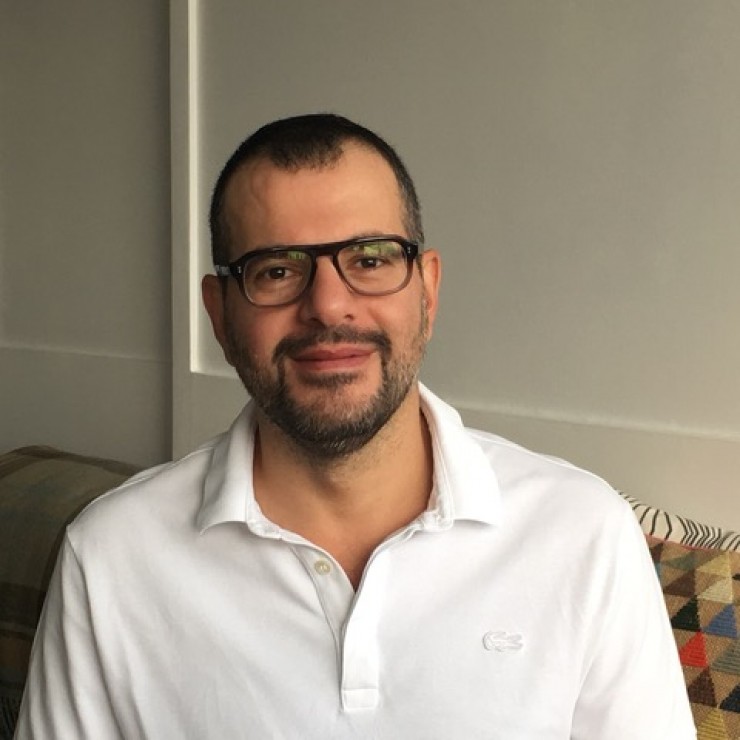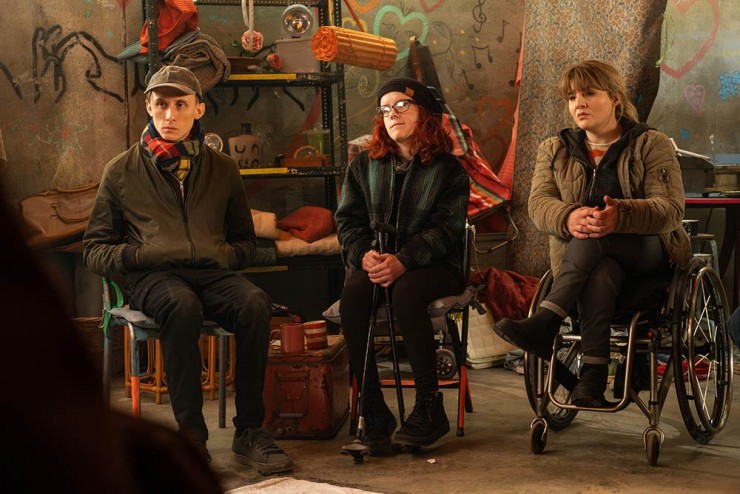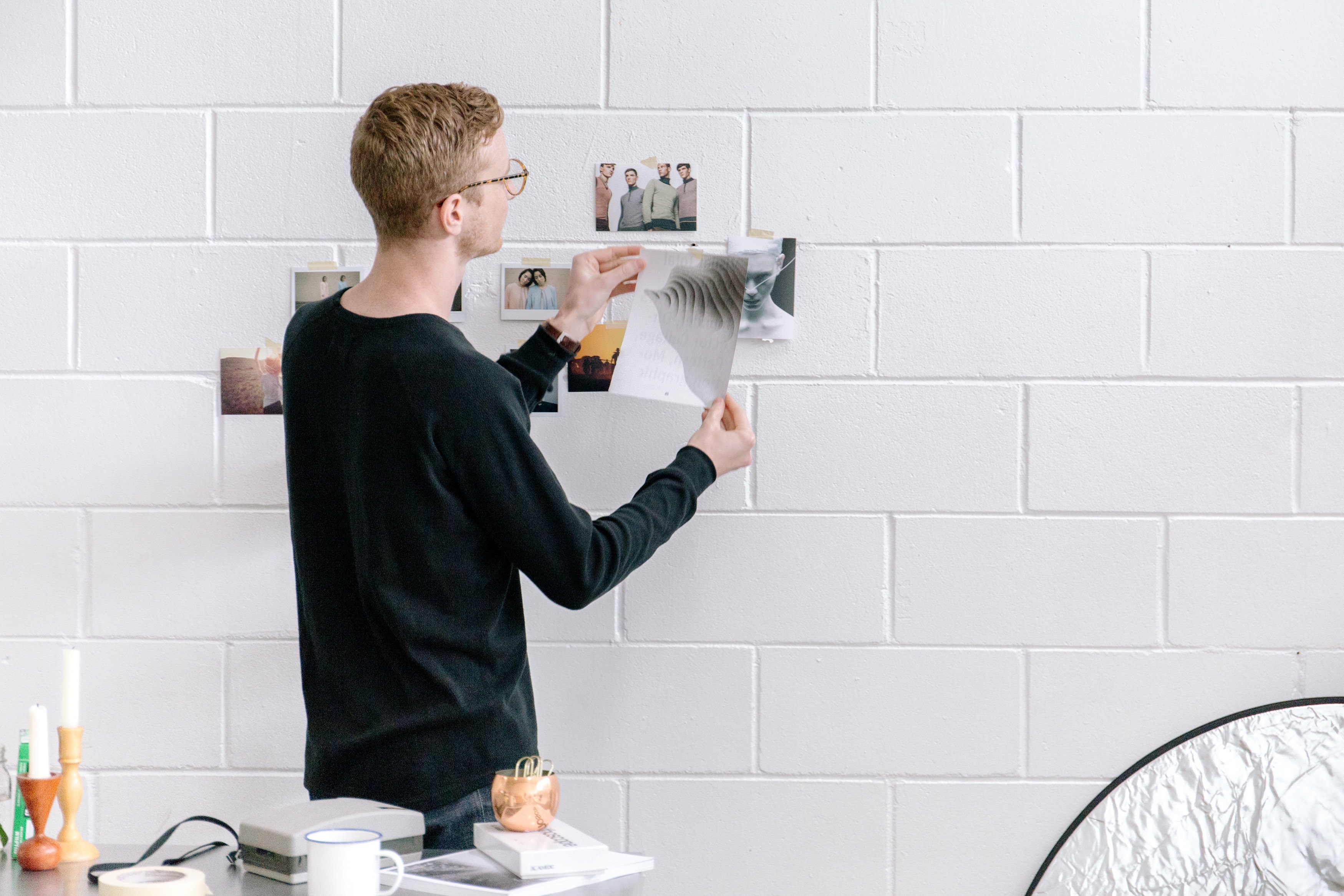EastEnders actor and Strictly Come Dancing winner Rose Ayling-Ellis has called on the TV industry to have “a good hard look” at how it supports diverse talent and avoid using them as “a token gesture”.
Delivering this year’s Alternative MacTaggart Lecture at the Edinburgh TV Festival, Ayling-Ellis said: “Just hiring a deaf actor is not ‘a job well done’.”
She added: “In my experience, too often when it comes to working with deaf people who use BSL, people underestimate our life experiences and find themselves out of their depth. Often, their response is to ignore the ‘problem’.”
Regarding her Strictly success, Ayling-Ellis described how being the first deaf person on the show had been both a blessing and a curse.
She said she had come to be "the poster girl for the deaf community" and had been left feeling "guilty and conflicted" that other deaf people had lost opportunities when she turned down shows exploring deaf issues - as these were cancelled because she was not involved.
“My appearance on Strictly should have encouraged people to seek out other deaf talent, yet how many deaf characters have we seen on TV since?” she said.
“It’s not enough to only elevate me - there are so many talented deaf people out there and thousands of amazing deaf stories to be told.
She urged TV executives: "Have a good, hard look at your productions and ask yourself: where are the deaf and disabled talent and, if you are working with deaf and disabled people, have you asked them if they feel that they are appropriately supported?”
Normalising deaf and disabled people on-screen can only happen if they are given on- and off-screen opportunities and support, she said.
"By bringing in diverse talent, particularly disabled talent, which is so often disregarded, you’re opening up a whole new world of stories, ideas, viewpoints, characters, and talent.”
Ayling-Ellis hailed Strictly as “the most inclusive and supportive job I have ever had” and revealed she had never watched the show prior to appearing because as a live programme, the captioning was too slow for her to enjoy it.
She took the industry too task more broadly for not providing full captioning and subtitling across the board.
“It makes no business sense to make your programming inaccessible not just to deaf people, but to the wider market,” she said.


